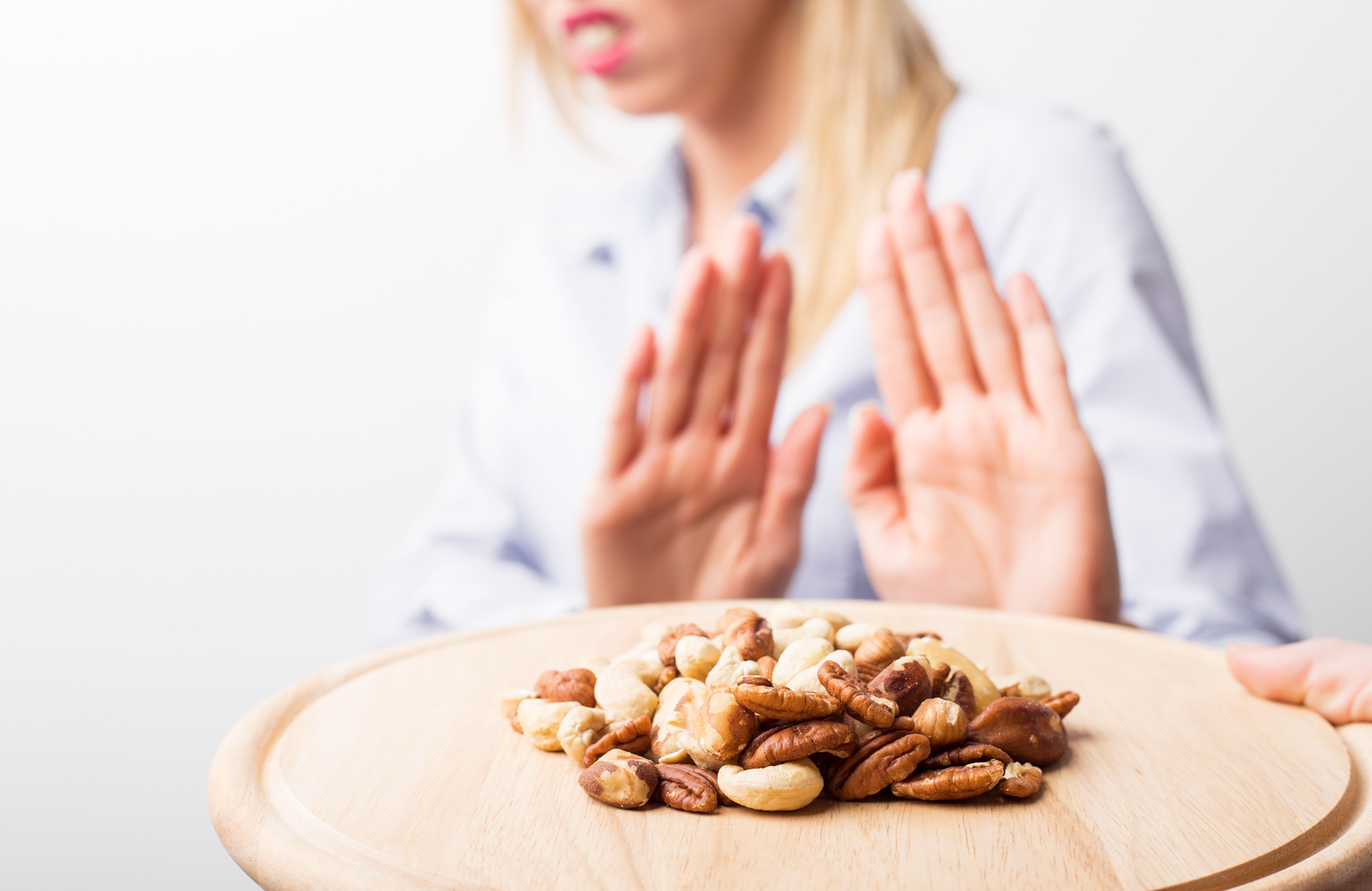
Food Triggers for Asthma
Asthma is an inflammatory lung condition that causes the airways in the lungs become narrow, swollen, and filled with mucus or fluid. Some of the telltale symptoms of asthma include breathing difficulties, coughing, wheezing, and tightness in the chest. People of all ages can be affected, but asthma usually develops in childhood. Some patients experience asthma as a minor condition while it can be a serious, life threatening issue for others.
While environmental triggers (i.e., pollen or smoke) for asthma are common culprits; the foods we eat may also play a role in worsening asthma symptoms:
1. Cow’s milk
Some patients may develop milk allergy (i.e., casein allergy) when their immune system treats milk and other dairy products as harmful. This result due to an allergic reaction or the failure by the body to digest lactose found in the milk (i.e., lactose intolerance). The body reacts to the protein (or casein) found in milk, and the person may experience hives, itchy skin, stomach upset, vomiting, loose bowel movement, diarrhea, or even anaphylactic shock in severe cases. Unfortunately, asthma and allergies are often found together in patients, and animal milk and dairy products are linked to this condition because they cause more mucus in the body.
2. Eggs
Eating eggs may result in an allergic reaction in patients, which will only worsen asthma symptoms. When an allergic response occurs, chemicals (or histamines) are released by the body triggering asthma-like symptoms such as swelling that can affect the tongue, lips, and throat, wheezing, chest tightness, hives, and difficulty breathing.
3. Soy
Reactions by the body to soy often begin in infancy, but most children overcome this condition in adulthood. Although the reactions are not severe, sometimes soy allergies can be frightening or life- threatening. Patients develop signs such as tingling in the mouth, runny nose, breathing difficulty, diarrhea, red flushing of the skin, abdominal pain, and swelling of the lips and throat. This reaction only makes asthma worse.
4. Nuts
Nut allergies are very common in asthma patients. For instance, studies from the National INstitutes of Health note that peanut or tree nut allergies often affect patients with asthma. In fact, athmatic patients are considered at increased risk of suffering life-threatening bronchospasm after consuming nuts.
5. Wheat
Wheat contains albumin and globulin amino acids, which may cause asthmatic reaction. When consumed, the body might be forced to produce antibodies that cause severe asthmatic symptoms such as swelling of airways, nausea, runny nose, sneezing, diarrhea, and anaphylaxis, a life- threatening reaction that causes the airways to completely close.
6. Shellfish
Crabs, oysters, scallops, lobster and shrimp are considered delicacies for many, however, patients with a shellfish allergy are at increased risk of anaphylaxis if you also suffer from asthma. In fact, asthma patients with a shellfish allergy may suffer from food-induced anaphylaxis when consuming small amounts of shellfish.


